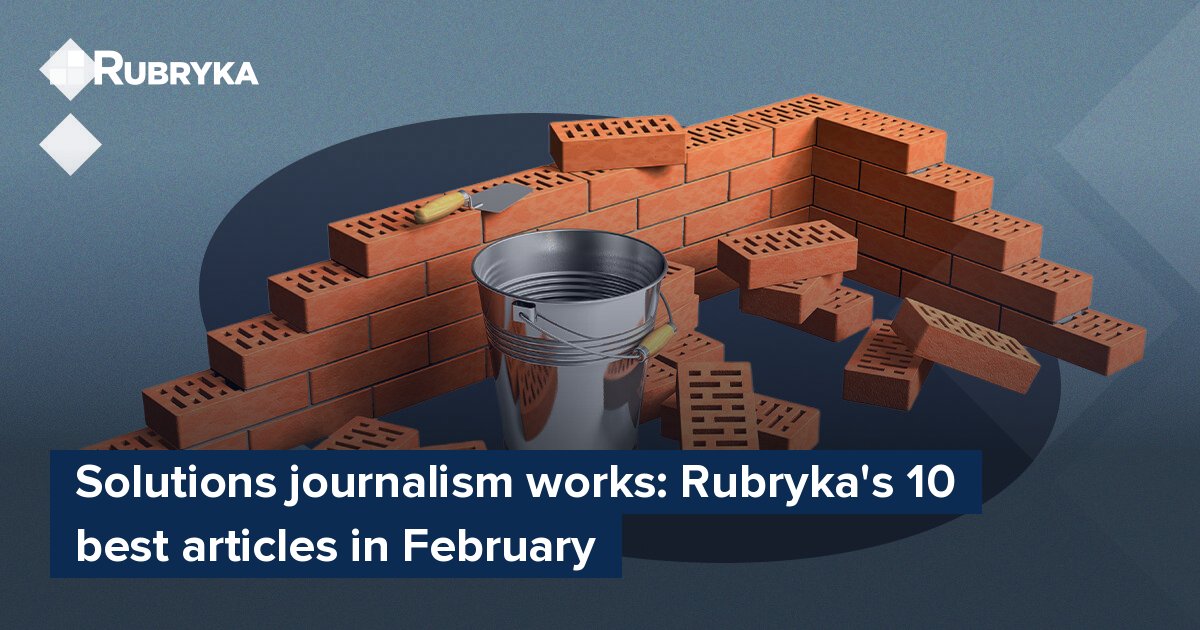
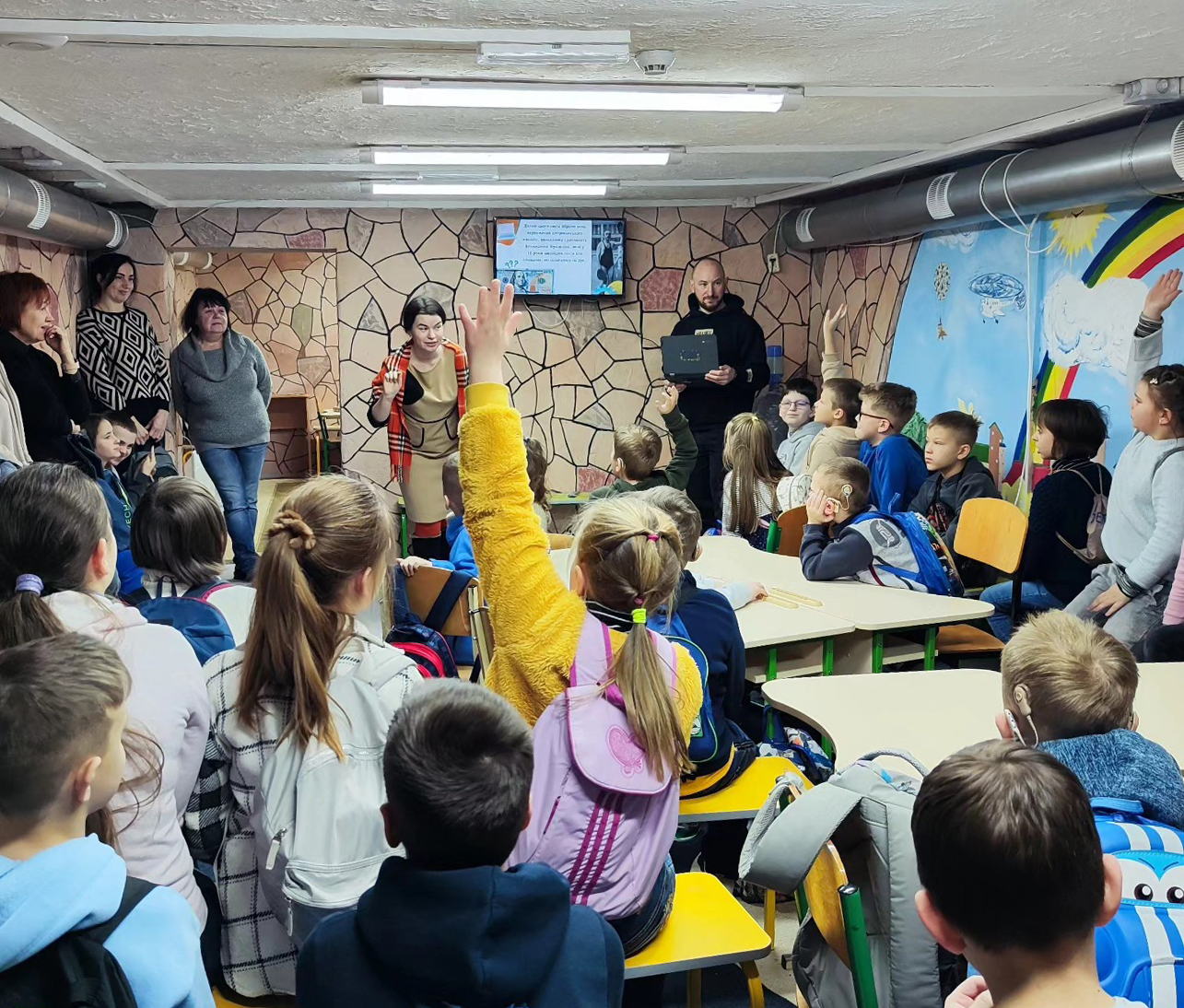
Engineering week-2024 in the shelter, educational, and rehabilitation center Zoryanyi Dnipro.
The flagships of the post-war reconstruction will be people from engineering professions. Unfortunately, despite the desire to be helpful and create the future of Ukraine, most students do not even consider the opportunity to become part of the engineering community because they believe that they do not have the appropriate abilities.
In short, the solution is implementing and developing STEM education in schools. This stream of education, combining science, technology, engineering, and mathematics, will not only help shape a new generation of recovery professionals but also create an educational base that will play a key role in meeting the challenges facing Ukraine.
The all-Ukrainian project Engineering Week, which has been implemented by the organization Pro.Pro.Lab since 2020 has helped to popularize engineering thinking among Ukrainian children, help teachers immerse students in the world of exact sciences, and allow schoolchildren to try technologies and inventions.
Rubryka shares how the organizers manage to make it accessible even to the most remote schools and inclusive for students with special educational needs.
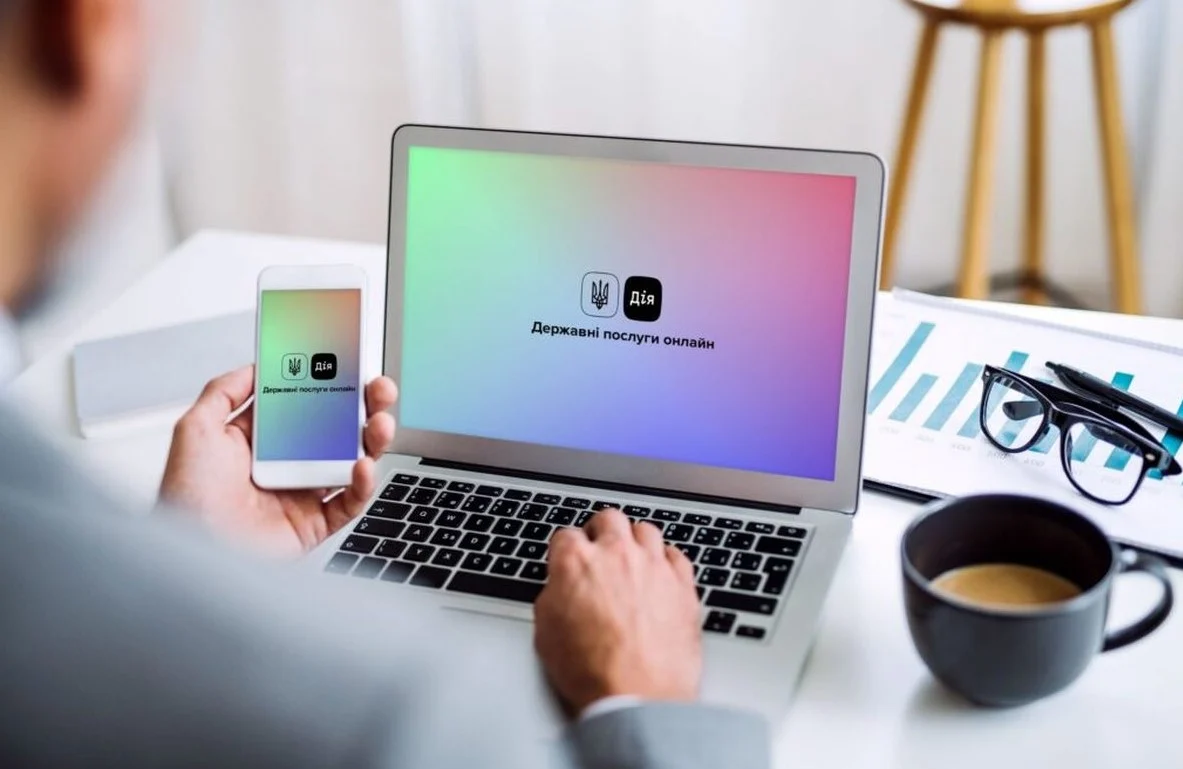
Illustrative photo.
Where to get money for a business is one of the first questions that many entrepreneurs just starting in business face. Despite talent, ideas, and energy, without financial support, a startup can remain only at the concept level.
Today, the state is focused on supporting small and medium-sized businesses. Since the beginning of the war, several effective programs have been introduced, thanks to which young entrepreneurs can get on their feet and professional ones can develop their businesses. First of all, this is the provision of grants and preferential lending. Rubryka tells how it works and what offers will be relevant in 2024.

The president of the National Psychological Association, Valeriia Palii: "Family doctors will be the first link of contact, who should be able to recognize, possibly urgently help and direct."
Due to the war, Ukraine is experiencing an unprecedented number of humanitarian emergencies. Millions of people are in urgent need of therapy. Every second, an average Ukrainian feels emotionally worse than three years ago. At the same time, only one out of 50 cases of mental health disorders are diagnosed in Ukraine.
To correct the situation, primary care physicians, in particular, family doctors, began to be involved in providing psychological assistance. After all, the family doctor is the doctor closest to the patient. For this, doctors must complete special courses and conclude an appropriate agreement with the Ministry of Health. Rubryka found out how it works now and whether this solution is successful.
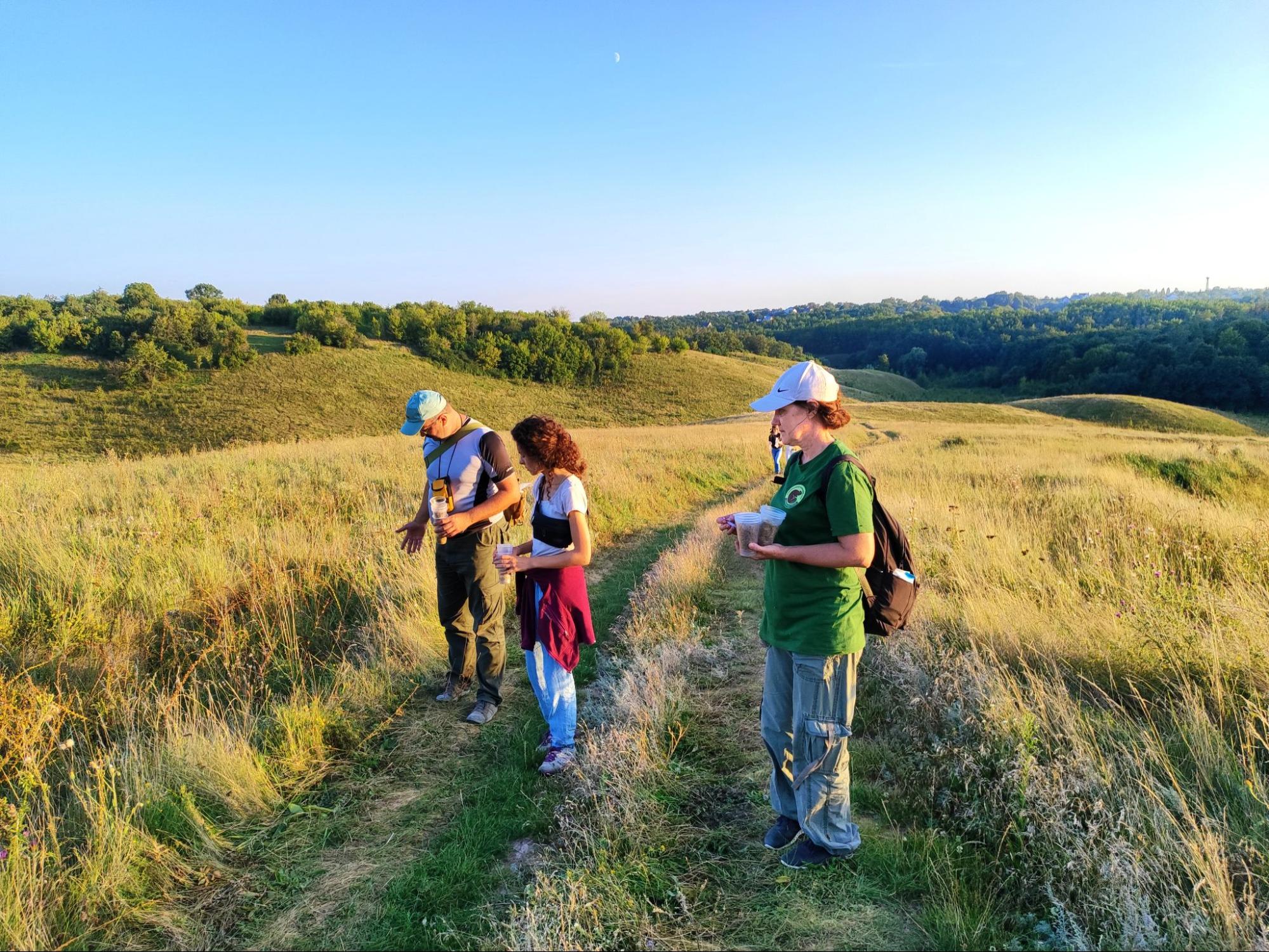
Field collection of background plant seeds in Krasnokutsk.
Before the war, Ukraine accounted for 35% of Europe's biodiversity. Along with people, the war does not spare Ukrainian nature either — missile strikes, fires, and military equipment pollute the air, water, and land, and animals and plants all suffer from hostilities.
According to ecologists, the restoration of nature depends on how Ukrainians will treat it when they begin rebuilding the country after the war. However, they need to start thinking about it now.
In the Kharkiv region's Krasnokutsk community, on the territory of the local lyceum, the organization Green Art Tour has created a biodiversity space, becoming part of a movement to popularize environmental education, nature-oriented solutions, volunteering, and citizen science. For children, it is a platform for communication with nature and a source of new knowledge. Rubryka shares about the project's work.
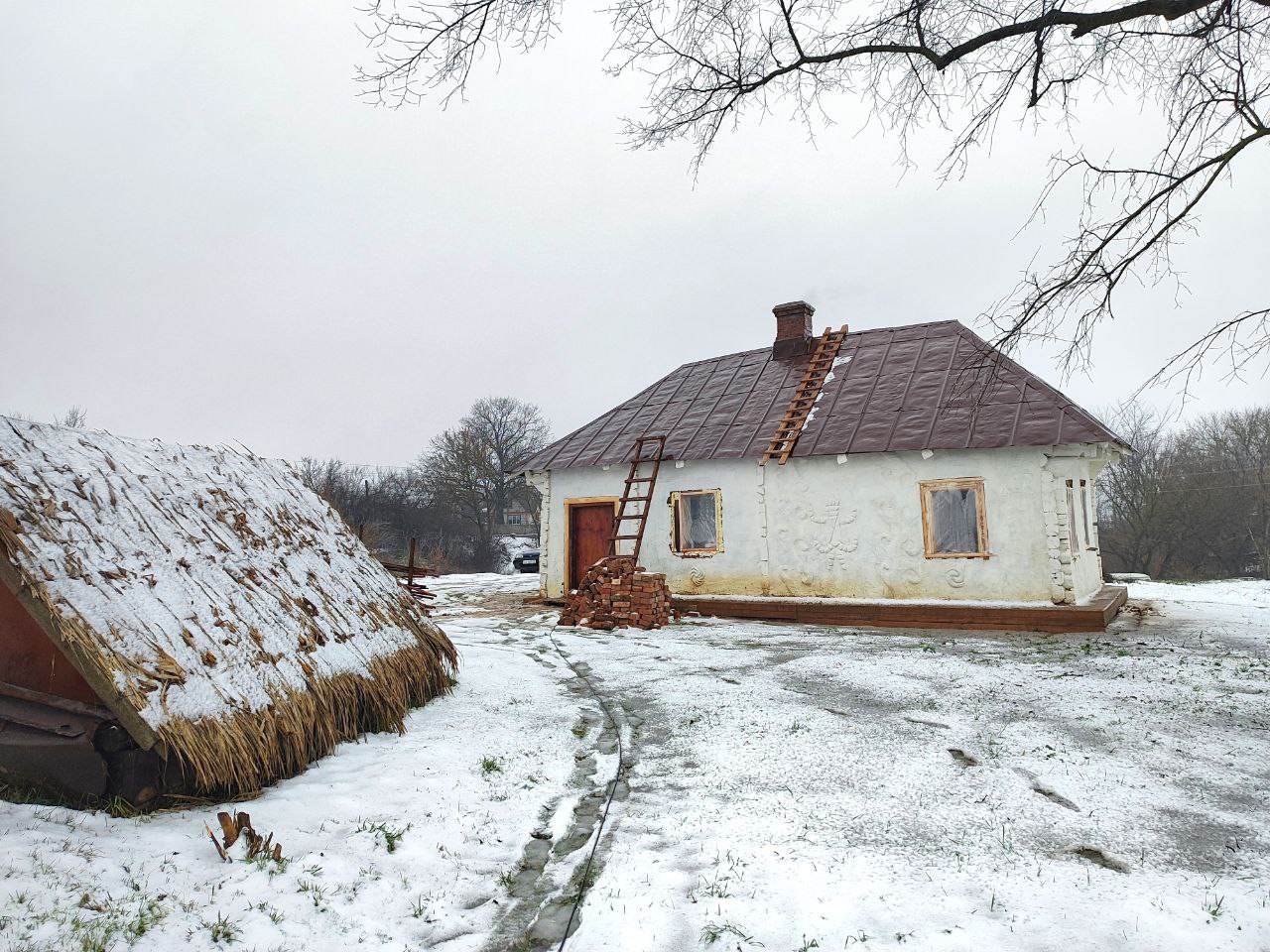
Roof restoration process.
For centuries, Russian imperialism has worked to oppress and erase Ukrainian traditions, up until today — as the war unleashed by Russia forces Ukrainians from their homes, leaving behing their family archives, and heirlooms, ripping away the opportunity to enjoy life on their own land. Not only do people lose the simple pleasures of gardening in their yards or visiting rivers, ponds, and forests familiar from their childhood – people lose the opportunity to lead a traditional way of life close to nature, based on knowledge and practices handed down from their parents and grandparents.
Living heritage gives people the strength and stability to remain themselves. The task of Ukrainians today who are proud of their traditional knowledge, skills, and practices is to preserve them despite all the problems and challenges of the war. This carries a significant potential for the post-war recovery of Ukraine — both for building communities and social cohesion and for physical reconstruction using local resources.
The Cultural Dialog is already implementing these principles in practice. In the village of Cherneshchyna of the Krasnokutsk community of the Kharkiv region, Cultural Dialog restored an abandoned mud house together with locals in a project symbolically named НLYNA-hub, which translates as mud-hub. Space for communication and co-creation is now operating out of the hundred-year-old house.
Rubryka looks at how the project united people who value heritage and believe in the potential of local knowledge and skills.

The Book forces of Ukraine team. Photo: Talina Didchuk
Before the war, Ukrainian Leadership Academy team members collected their own libraries and enjoyed filling their bookshelves. But in the war conditions, they decided to turn the books into help for the army. This is how the charitable online bookstore Book Forces of Ukraine was born, where the profit from the sale of books is transferred to the needs of the army. Rubryka found out how it works and how much money has already been raised.

Performance of Nativity Scene at New Year's. Photo: UCU
Russia has been trying to destroy Ukrainian holiday traditions for years. Christmas, Easter, or any other religious holiday was considered a threat to the Soviet authorities. Instead, the Soviets imposed сelebrations of the New Year and its symbols, trying to assimilate everyone into Russian culture – but some Ukrainians still secretly continued to celebrate and preserve traditions at home. This became easier after the collapse of the Soviet Union and the restoration of Ukraine's independence, when the policy banning religion came to an end.
The restoration of Ukrainian traditions is an integral part of Ukraine's cultural development. After all, to destroy a nation's memory means eradicating its identity.
Young people have a lot of strength and energy to spread traditions. The Nativity scene performed by students is perceived differently — people open up more and participate more actively. Rubryka learned how the initiative works.

Restoration of the school-house in the Mrynska community.
Some hold the opinion that it is first necessary to end the war first before starting to talk about reconstruction — since Russia continues to terrorize Ukraine. Hostilities have not stopped, and there will likely be much more destruction ahead. However, world experience proves that a country's reconstruction after war is a long and deep process that may take decades. Therefore, the time to start is now.
On this path, Ukraine is already being supported by international partners — Estonia, Denmark, Japan, France, and others are already joining in supporting reconstruction, financing it, and providing necessary expertise. However, the Ukrainians do not just wait for help but also act as innovators, applying new and unique recovery methods.
Rubryka has collected several examples of trends and exciting approaches to recovery that Ukrainians have used over the past year.

Master class "Second life of a favorite T-shirt", in which IDPs and locals took part.
Every Ukrainian forced to escape from the war, having arrived in a new city, faces the problem of adaptation. This applies to both adults and children. Children especially feel the need for support and finding new friends.
In the ancient town of Buchach, resettled women in the Ternopil region decided to unite and created the "Helping Hand" public association to support those just starting their lives in the city.
The events that Inna Savon and Olha Beloshapko organize on their own for IDPs help the new residents adapt, improve their psycho-emotional state, form a new circle of communication, and become part of the community.
Read about what the Helping Hand does and the stories of its initiators in Rubryka's material.
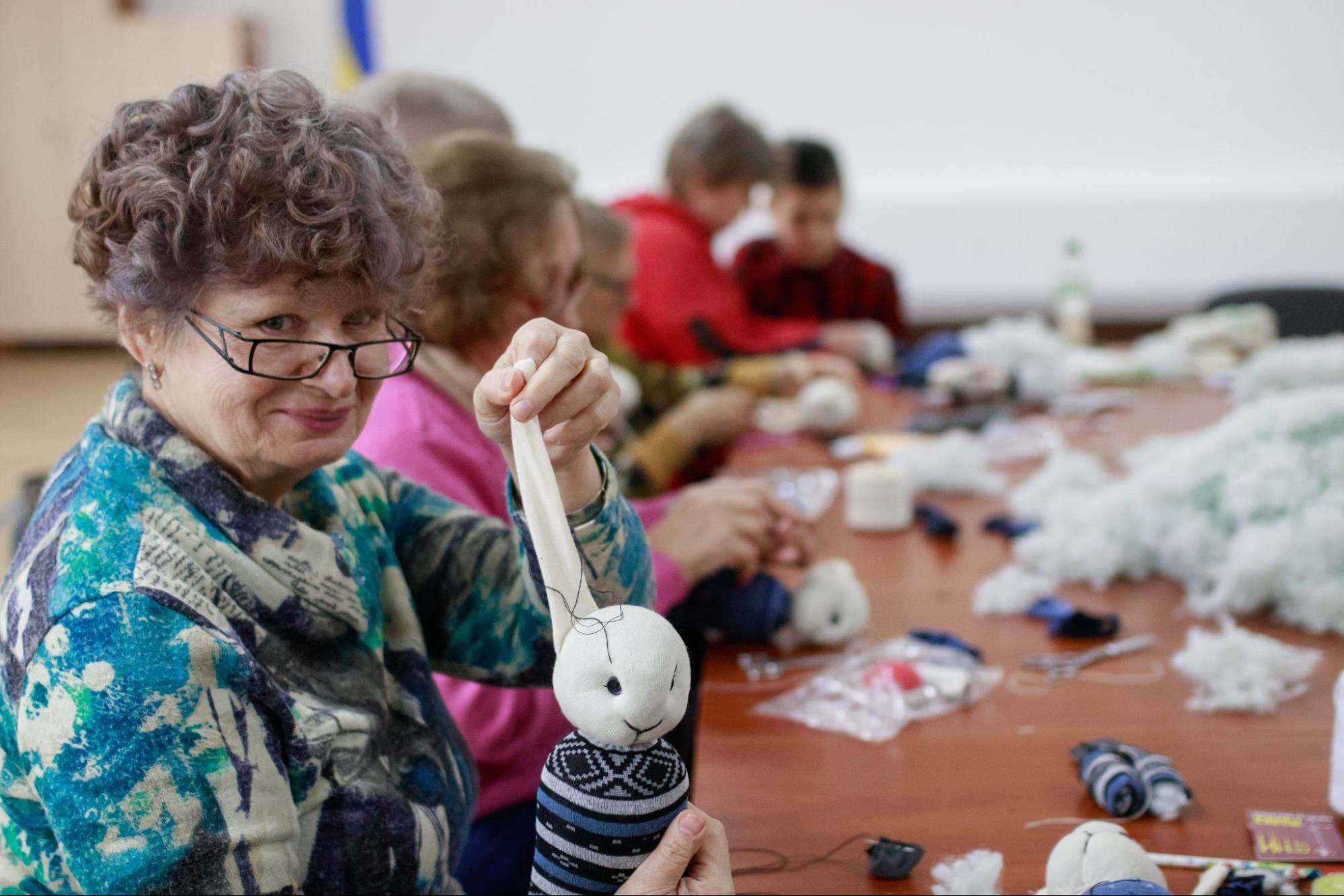
The Grandma's Hares social project has been operating in Kyiv, Ukraine, since 2021. Photo from the archive of the initiative
Every child who has witnessed or experienced violence or disasters, or who feels scared and hesitant to speak to adults, requires first a sense of safety. When a child is removed from a crime scene, a dysfunctional family, or the frontline – even the smallest act, word, or gesture can have a significant impact. It's crucial for the child to know that there is someone nearby who will provide support and help them feel calm and reassured.
In cooperation with the juvenile police, the Ukrainian charity fund Our Victory launched the initiative Grandma's Hares, by which people of respectable age handcraft soft bunnies for young ones. Police officers, rescuers, and soldiers then deliver them to children who have found themselves in stressful situations, witnessed a traumatic event, or have suffered from war or violence. Toys can help establish contact with a child and ease the initial stress.
Iryna Lutai, the director of the Our Victory fund, and Iryna Raspopina, the project coordinator, helped Rubryka learn more about the Grandma's Hares project.



